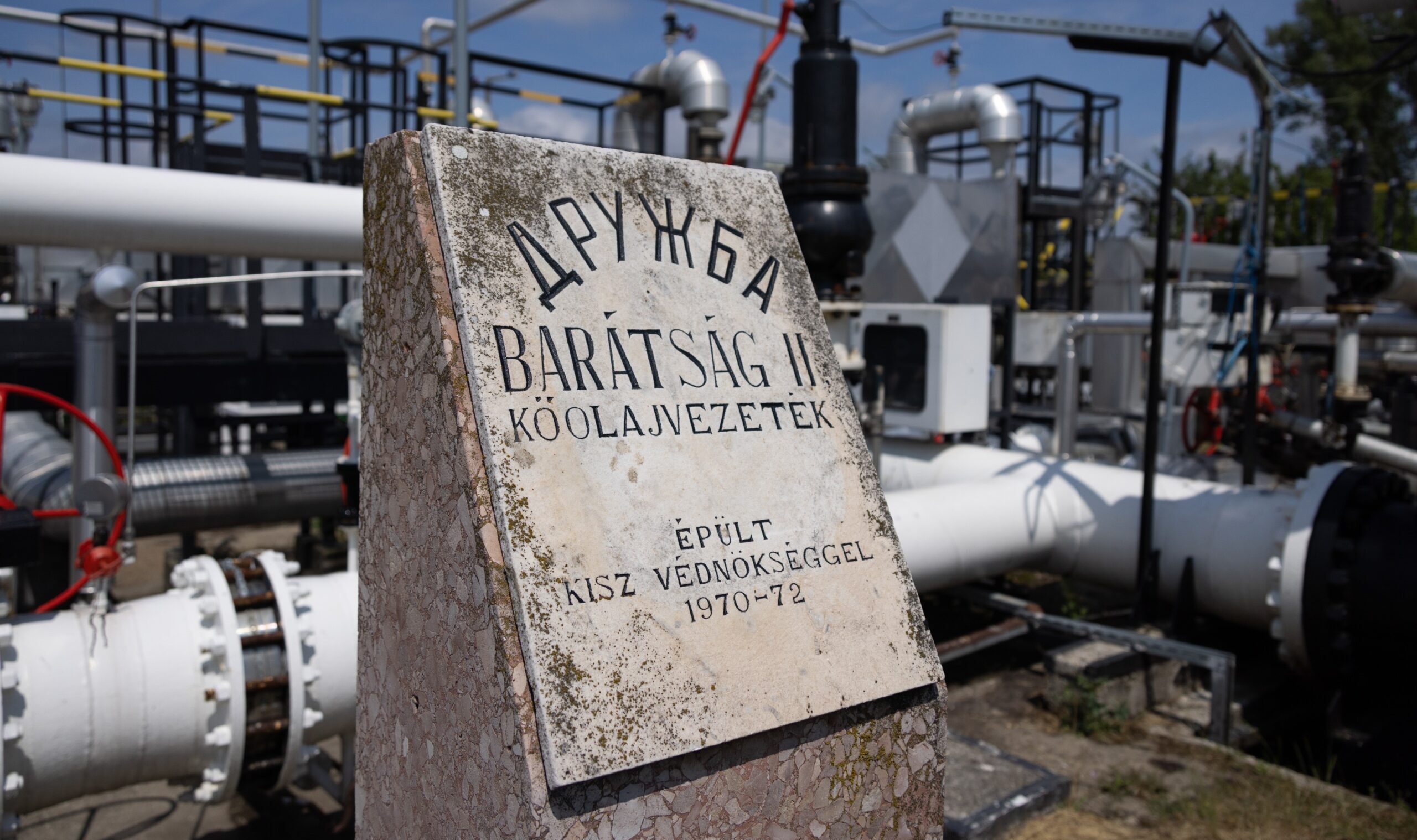Transit of Russian Gas Through Ukraine Ceases
State of the Union: Russian natural gas has decreased from over 40 to 5 percent of Europe’s gas imports. The post Transit of Russian Gas Through Ukraine Ceases appeared first on The American Conservative.

Ukraine allowed the stoppage of Russian gas to Europe through pipelines in its territory Wednesday, due to the expiration of a prewar deal. The earlier deal, between the Russian and Ukrainian state gas companies, Gazprom and Naftogaz, had been signed in 2019 and had remained in effect despite the war between the countries.
The expiration of the deal is estimated to result in yearly losses of between $5 billion in sales by Gazprom and $800 million by Ukraine in transport fees.
Ukraine’s President Volodymyr Zelensky announced on December 19 in Brussels that Ukraine had no interest in renewing the deal. Meanwhile, on December 26, Russian President Vladimir Putin corroborated that a renewal of the deal was unlikely as a new deal was “impossible to conclude in three to four days.”
The pipelines through Ukraine provided roughly 5 percent of Europe’s gas imports. In total, imports of Russian gas accounted for 8 percent of European gas imports in 2023, down from over 40 percent in 2021 before the outbreak of the war.
The pipelines, most notably the Soyuz and Druzhba pipelines, were built during the Cold War as part of the Willy Brandt’s “pipes for gas” arrangement with the Soviet Union, which exchanged West German steel pipes for Siberian gas.
The closing of the pipeline shuts off a major source of energy for the EU nations of Austria, Hungary, and Slovakia. Hungary will still be able to import Russian gas through the Turkstream pipeline, which runs under the Black Sea and through Turkey and to Bulgaria, Serbia, and Hungary. Austria announced ahead of the shutoff that it had found suppliers of gas outside of Russia.
Meanwhile, the government of Slovakia stated that it will not face gas shortages, but will have to pay additional fees for gas imports through alternative routes. Slovakia also threatened to cut off its own energy exports to Ukraine, which account for 19 percent of Ukrainian energy imports from the EU.
Moldova and its breakaway Republic of Transnistria are the most vulnerable to the cessation of Russian gas exports. Nevertheless, regardless of the Ukrainian transport deal, Gazprom was set to cut off exports to Moldova over a dispute concerning debt over past supplies of gas.
This development is most beneficial for Turkey, on which Russian gas exports to Europe will depend because of the Turkstream pipeline. This comes after a month of Turkish geopolitical successes, most notably with the victory in Syria by Turkish-backed rebels.
The post Transit of Russian Gas Through Ukraine Ceases appeared first on The American Conservative.
What's Your Reaction?
















